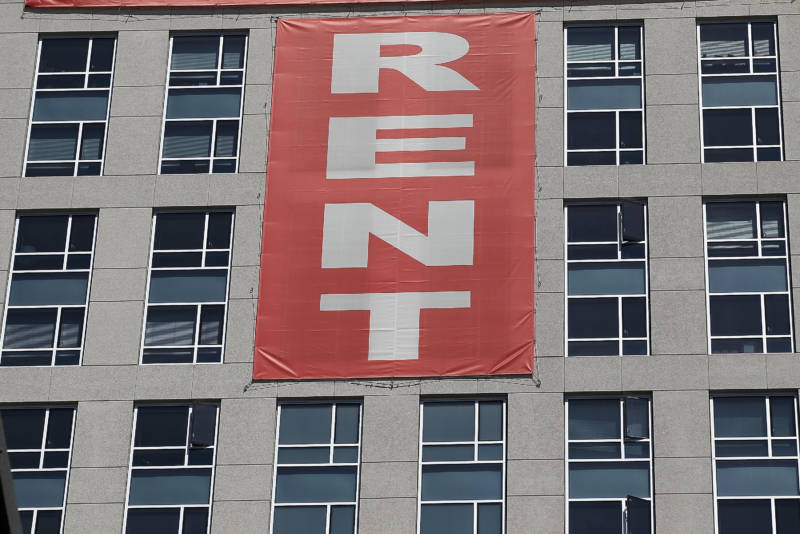Updated Wednesday, Sept. 11, 5 p.m.
California lawmakers on Wednesday moved to cap annual rent increases statewide for most tenants, a major victory for tenants as limited housing supply in the country’s most populous state continues to drive up the cost of living while pushing more people to the streets.
A day after its approval by the state Senate, members of the Assembly voted 46-22 in favor of AB 1482 , which caps rent increases at 5% each year, plus inflation, for the next decade while banning landlords from evicting tenants without just cause.
Democratic Gov. Gavin Newsom has said he supports the measures and is expected to sign it into law.
California’s largest cities, including Los Angeles, Oakland and San Francisco, have some form of rent control that has been in place for decades, but a state law passed in 1995 has restricted any new municipal rent control laws since that year. In most places, landlords can raise rents at any time and for any reason as long as they give advance notice.

